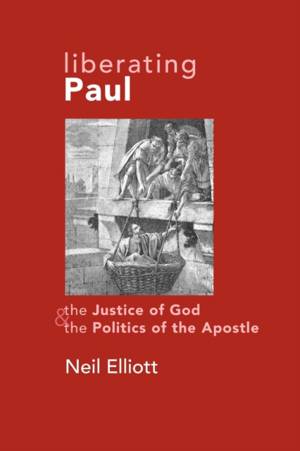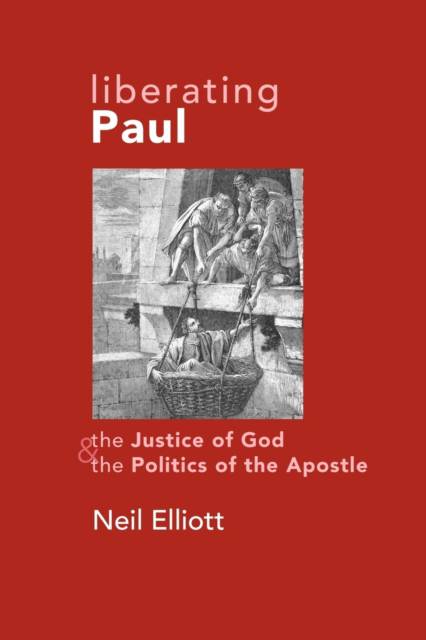
- Retrait gratuit dans votre magasin Club
- 7.000.000 titres dans notre catalogue
- Payer en toute sécurité
- Toujours un magasin près de chez vous
- Retrait gratuit dans votre magasin Club
- 7.000.000 titres dans notre catalogue
- Payer en toute sécurité
- Toujours un magasin près de chez vous
Liberating Paul
The Justice of God and the Politics of the Apostle
Neil ElliottDescription
For centuries the apostle Paul has been invoked to justify oppression - whether on behalf of slavery, to enforce unquestioned obedience to the state, to silence women, or to legitimate anti-Semitism. To interpret Paul is thus to set foot on a terrible battleground between spiritual forces. But as Neil Elliott argues, the struggle to liberate human beings from the power of Death requires "Liberating Paul" from his enthrallment to that power. In this book, Elliott shows that what many people experience as the scandal of Paul is the unfortunate consequence of the way Paul has usually been read, or rather misread, in the churches.
In the first half of the book, Elliott examines the many texts historically interpreted to support oppression or maintain the status quo. He shows how often Paul's authentic message has been interpreted in the light of later pseudo-Pauline writings.
In Part Two, Elliott applies a "political key" to the interpretation of Paul. Though subsequent centuries have turned the cross into a symbol of Christian piety, Elliott forcefully reminds us that in Paul's time this was the Roman mode of executing rebellious slaves, a fact that has profound political implications.
Under Elliott's examination, a startlingly new image of Paul begins to emerge, liberated from layers of false interpretation, and free to speak a liberating and challenging word to our world today.
Spécifications
Parties prenantes
- Auteur(s) :
- Editeur:
Contenu
- Nombre de pages :
- 308
- Langue:
- Anglais
Caractéristiques
- EAN:
- 9780800623791
- Date de parution :
- 01-02-05
- Format:
- Livre broché
- Format numérique:
- Trade paperback (VS)
- Dimensions :
- 140 mm x 208 mm
- Poids :
- 485 g







